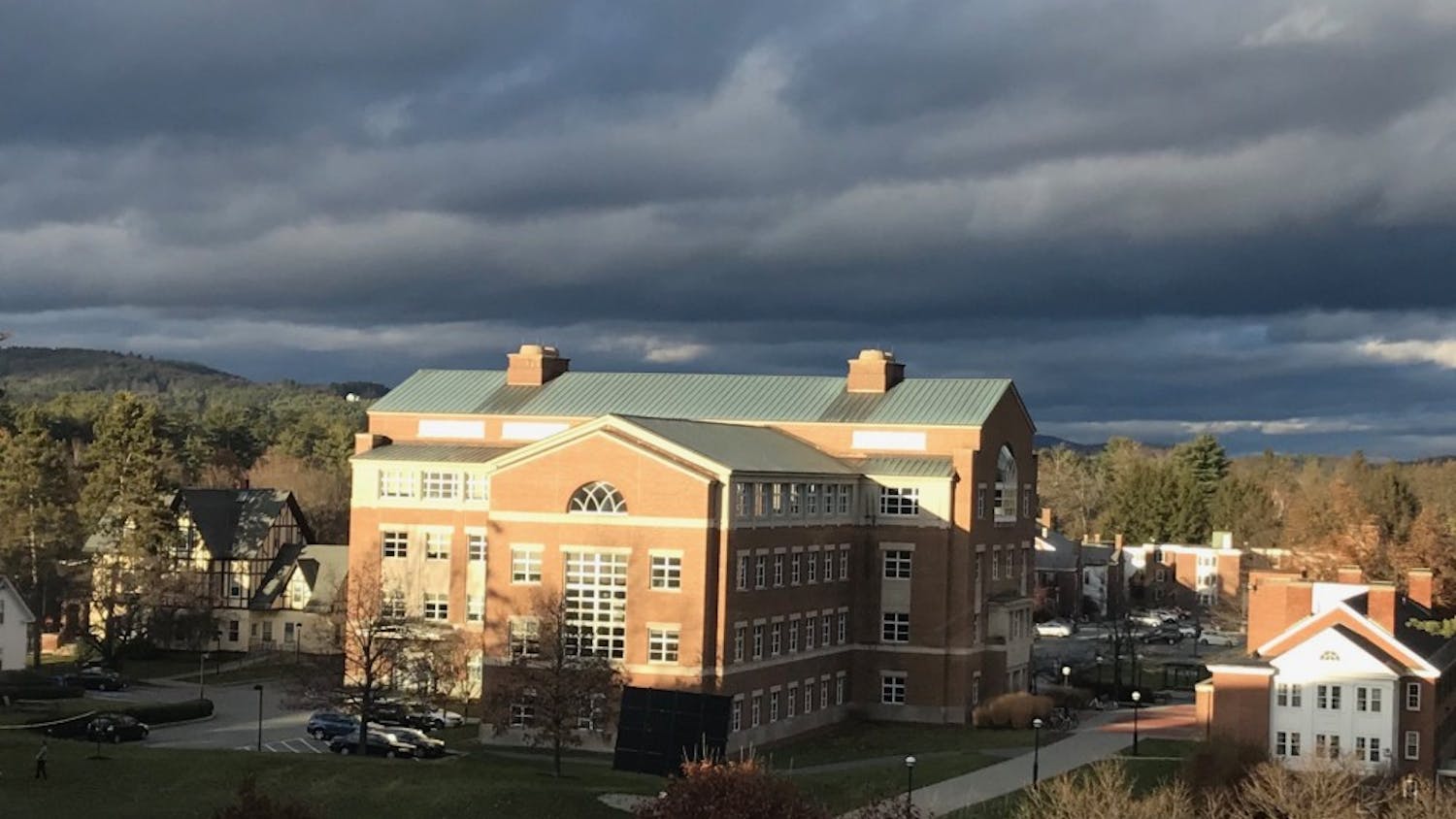College and visiting professors discussed the links between literature and democracy in Haiti Friday morning in a seminar titled "Culture and Politics: Imagining Democracy."
The panel, which was part of last week's conference "The Future of Democracy in Haiti," included French and Italian Professors Daniel Desormeaux and Keith Walker, English Professor Bill Cook and Regine Laforet, a professor from the Africana studies department at Brooklyn College in New York.
The panelists spoke to an audience of about 30 people in Collis Common Ground.
"Without the literacy that leads to freedom of expression, there can be no democracy in Haiti in the future," Laforet said.
She said that literature reflects a society's ideology and encompasses the dominant ideas, values and sentiments by which people experience society.
Walker captured some of the dominant themes in Haitian literature by reading translations of excerpts from "La Pacotille," a novel written by Haitian author Gerard Etienne.
"There was blood everywhere in the colorlessness of the landscape which rose toward the seeming curvature of the sky. The days brought death into every family of a captured rebel. Crime was felt everywhere ... Murder everywhere. Everywhere the traces of the beast left on the tongue the taste of ashes," he read.
Cook discussed the genre of Haitian peasant novel, which reflects central political, religious and social tensions.
The Haitian peasant novel "is an attempt to repossess or to rename the Haitian land - a cultural weapon," Cook said.
"It is a text which uses folk devices, and particularly satire ... which makes a mockery of hyper-corrected language," he said.
Desormeaux noted that the question of democracy in Haiti is not an original one. The world has always been politically hostile towards the establishment of any democracy in Haiti, he said.
"A hundred years ago Frederick Douglass raised the same question," he said. Douglass was an African American orator abolitionist in the mid-19th century.



